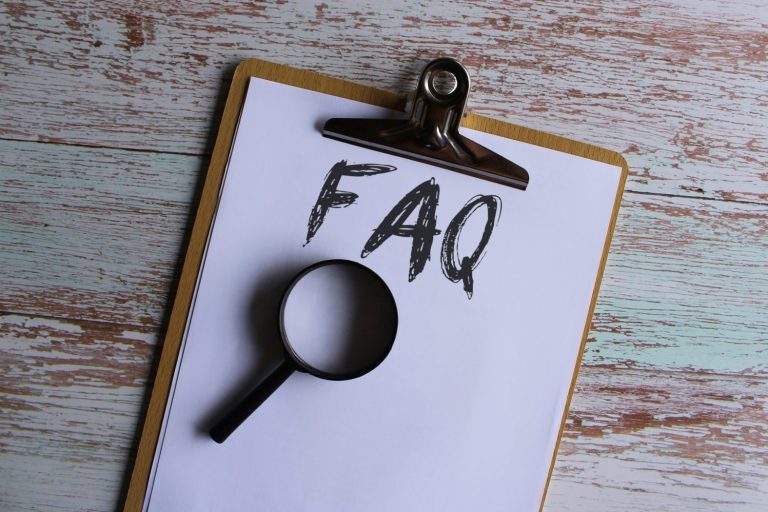
How many digital marketing agencies are there in the UK?
Keen to find out exactly how many digital marketing agencies are currently operating in the UK? As one of the thousands of digital marketing agencies
There is no doubt that meta descriptions are a neat way to summarise a website’s content as well as being good for exposure.
However, even if someone has put considerable time and effort into constructing one, they may struggle with the problem of their meta description not showing in Google.
As this is a common problem, read on to find out how to solve it.
First, one of the main reasons why meta descriptions are useful for companies is because they appear in the search results and on social media, helping to drive organic traffic.
Indeed, when a meta description is shown on Google, there is a higher chance of engaging your key demographic.
An optimised meta description is one that uses target researched keyword phrases. However, Google does not use the meta description as a search ranking signal and hasn’t for over a decade.
Although Google does not use meta tags for ranking, it is still important when offering a description of the page. For example, it improves your click-through rates from search results as well as helping you stand out from competitors.
Even today, the meta description you assign to a page might not appear in search results. There are many situations where the search engines won’t display your title tag or meta description.
For instance, the title or meta description you specified may not be relevant to the search query. Alternatively, the title or meta description you specified is too short (or too long).
If Google approves a new meta description, it should appear in your search listing once Google re-indexes the page.
Although Google usually operates quickly and efficiently, there are instances where it can take days (or even weeks) to re-index a page and display the updated version in the search results.
A rough estimate of when your meta title and description will appear on Google is seven to 15 days, but it largely depends on what external factors are at play.
There are also instances where you may find yourself searching ‘google showing wrong meta description’.
If you only recently updated the meta description of your page, Google mightn’t have had the chance to update its cache.
In order to check when Google last crawled your page, you can type “cache:yourwebsiteurl” to discover the version that Google most recently analysed. Look at the ‘appeared’ date on the resulting page for details of when this last occurred.
In rarer cases, Google may decide to display an old meta description, or may only show a snippet of the page content.
Google may also be overwhelmed if there exists multiple descriptions in the page source code.
To determine if this is the problem you are experiencing, right click anywhere on the page to generate a small menu and select ‘View Page Source’.
If Google keeps showing the wrong description, it may be time to revise your meta description by trying out different types of wording or seeing if you can include more (or less) detail.
Google normally rewrites a meta description when one fails to accurately summarise the web page.
Moreover, it will also rewrite one if there is a lack of content and it falls short of matching the search query with the web page.
Google can also edit the meta description to ensure it provides a relevant answer to the user’s specific search query or even include a keyword from that query.
If you are sure that you have no duplicate descriptions, and you know that Google is up to date with your new meta description, it could be a case where Google has swapped your own custom meta data with its own proposal which it believes is more appropriate.
Eager to solve issues that your business has with meta descriptions?
At Aqueous Digital, we are on a mission to help our clients, whether that be through reputation management, content strategy or SEO.
So, why not contact our SEO team today to make an initial enquiry?
Why pillar pages are the foundations of a successful content strategy
How to conduct a thorough digital marketing audit of your website
Why digital marketing is important to business owners
Digital marketing trends to get ahead of the curve
Short-form vs. long-form content: Which is better for your website?
Digital marketing channels: Which one should you choose?
Content Optimisation: How to improve existing content on your website
How AI is becoming more prominent in digital marketing
How to create a results-driven digital marketing campaign
SEO for YouTube: How to optimise YouTube videos for search
How to boost your website’s domain authority
What is Evergreen Content and why does it matter for SEO?
Why we build backlinks to your website
How to develop a content strategy for SEO
Content is King. What is content marketing?
Creating great content: How to write for SEO
How digital marketing has changed over the years
How video content can elevate your website
Top 20 Facts about Manchester You Never Knew
Aqueous Digital’s Ultimate Guide to the cost of SEO in the UK
Aqueous Digital’s Guide to the Top 501 SEO and Digital Marketing Terms
How video content can elevate your business

Keen to find out exactly how many digital marketing agencies are currently operating in the UK? As one of the thousands of digital marketing agencies

Home to countless companies, London’s thriving business landscape is often at the forefront of the very latest changes and challenges. To survive in this ever

Meta descriptions play an important role in Google search results. Despite the fact they don’t directly impact a website’s ranking, they still influence click-through rates

Sheffield is renowned for its lively atmosphere and fascinating heritage. However, there are many things people don’t know about this wonderful city in the county

It’s a well-known fact that bustling Birmingham is the second largest city in the UK, but there’s far more to learn about this fascinating West

Searching for more ways to make your website’s informative content appear in the SERPs (Search Engine Results Pages) as a rich snippet? Many businesses create
This website uses cookies so that we can provide you with the best user experience possible. Cookie information is stored in your browser and performs functions such as recognising you when you return to our website and helping our team to understand which sections of the website you find most interesting and useful. Please review our full Aqueous Digital Cookie Policy for more details.
Strictly Necessary Cookie should be enabled at all times so that we can save your preferences for cookie settings.
If you disable this cookie, we will not be able to save your preferences. This means that every time you visit this website you will need to enable or disable cookies again.